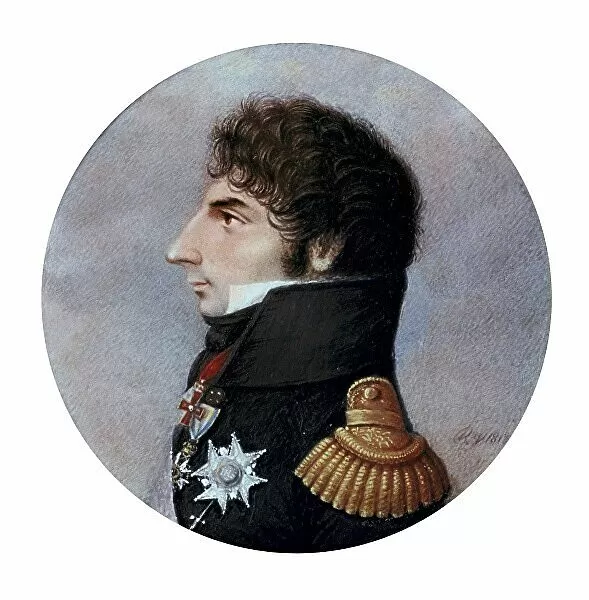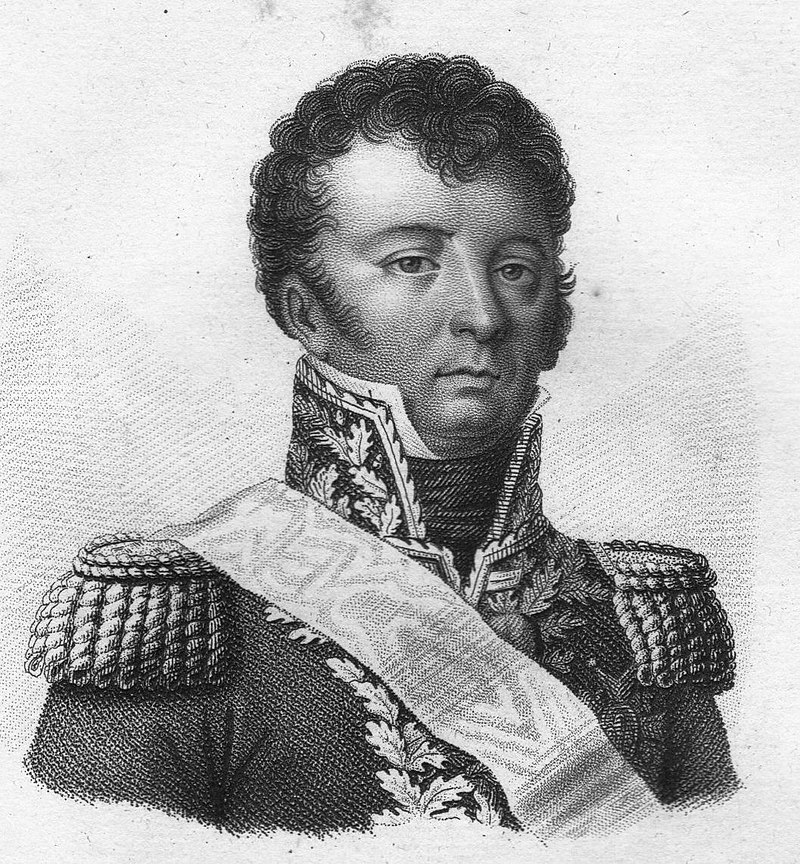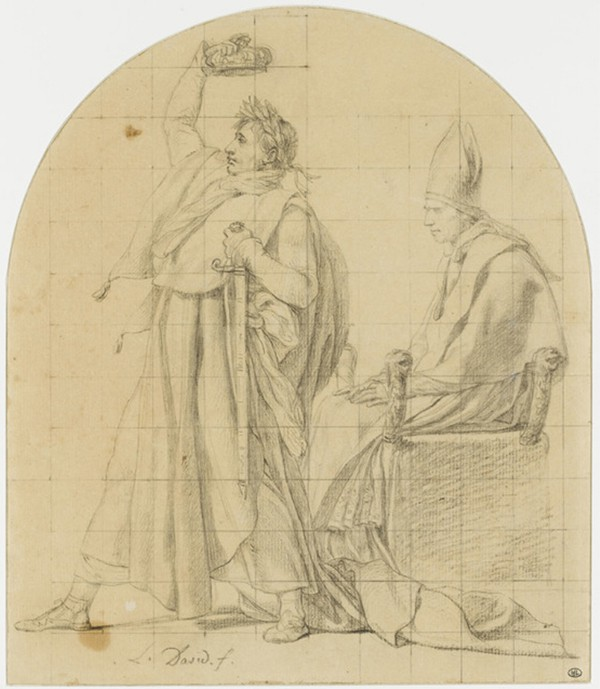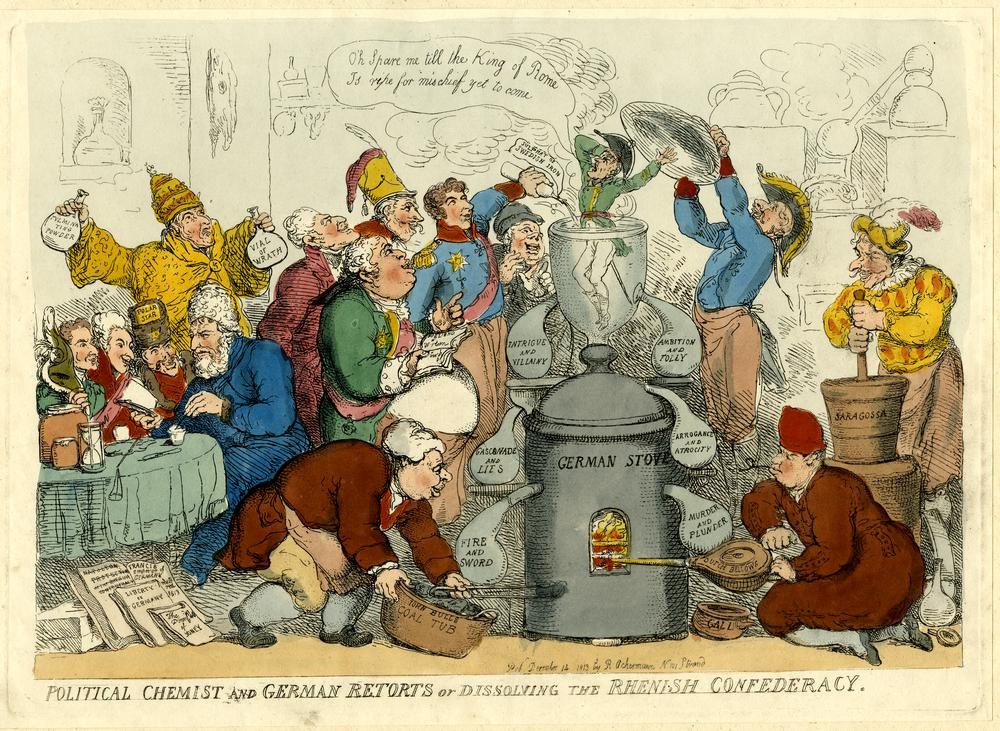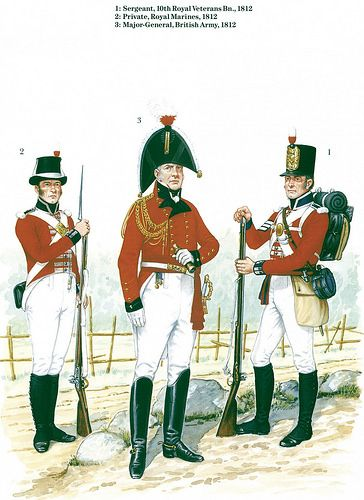
#OTD #Onthisday 24 March, 1813, the day after Napoleon's comeback to the Tuileries, Pope Pius VII issued a statement retracting and denouncing the Second Concordat of Fontainebleau as morally inadmissible. 
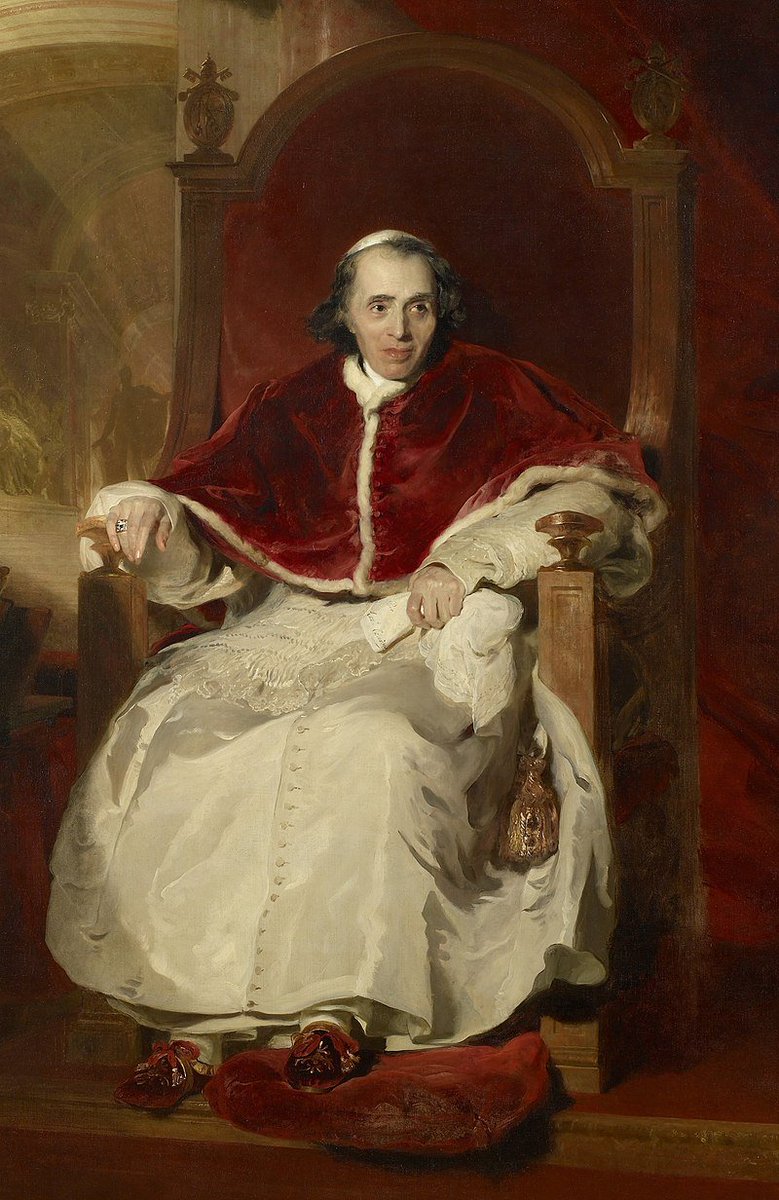
Those Napoleon had commissioned to monitor the Popel-Bishop of Nantes Duvoisin, Minister of Worship Bigot, and Captain and Chamberlain Lagorsse-observed subtle, inexplicable changes in his demeanor since late January.
Pius VII, who, according to Meneval, "had hardly signed the Concordat before he repented it," underwent a moral and spiritual reawakening in isolation. He finally turned to the cardinals Pacca, Conslavi, and di Pietro, who had been beseeching him to reject the profane.
Although the Holy Father was invigorated mentally, his aged body could hardly hold a pen. Nevertheless, he insisted on writing on his own, so as to imbue the statement with an uncontested authority representing the Sacred. He wrote:
"Sire,
However painful the avowal which We are about to make to your Majesty may be to our heart, whatever pain it may cause to yourself, fear of the judgments of God, to Whom our great age and declining health bring Us daily nearer,
However painful the avowal which We are about to make to your Majesty may be to our heart, whatever pain it may cause to yourself, fear of the judgments of God, to Whom our great age and declining health bring Us daily nearer,
should render Us superior to all human considerations, and cause us to despise the terrible anguish which is bearing Us down at this moment. Impelled by our duty, and with that sincerity and frankness which befit our dignity and our character,
We declare to your Majesty, that since the 25th of January, when We apposed our seal to articles which were to serve as a basis to a final treaty mentioned therein, the greatest remorse and the deepest contrition have continually afflicted our soul.
We immediately recognised our error. Constant and serious reflection convince Us more and more powerfully of the evil of a concession into which We allowed ourselves to be drawn in the hope of putting an end to the actual troubles of the Church,
and out of the desire to please your Majesty. One single thought calmed our affliction. It was the hope of remedying by an act of final agreement the evil which We had just caused the Church by signing these articles. But what was not our grief when to our great surprise,
in spite of what had been determined with your Majesty, We saw these same articles which were but the basis of a future treaty, published under the title of Concordat.
...It is in the presence of God, Who will soon demand of Us an account of the power which was conferred on Us
...It is in the presence of God, Who will soon demand of Us an account of the power which was conferred on Us
as Vicar of Christ for the government of the Church, that We declare in all apostolical sincerity that our conscience is invincibly opposed to the execution of the articles contained in the document of January 25th ....
With respect to this document , signed by our hand , We repeat to your Majesty the words addressed by our predecessor Paschal II, in a Brief to Henry V, in whose favour he also made a concession which justly caused remorse to his conscience." 
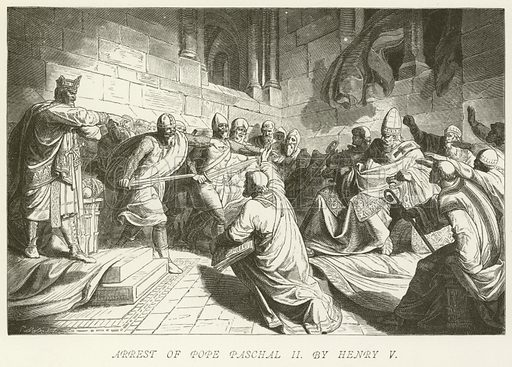
(Fain; Thiers; M. Allies; Constant)
@threadreaderapp Unroll
• • •
Missing some Tweet in this thread? You can try to
force a refresh


